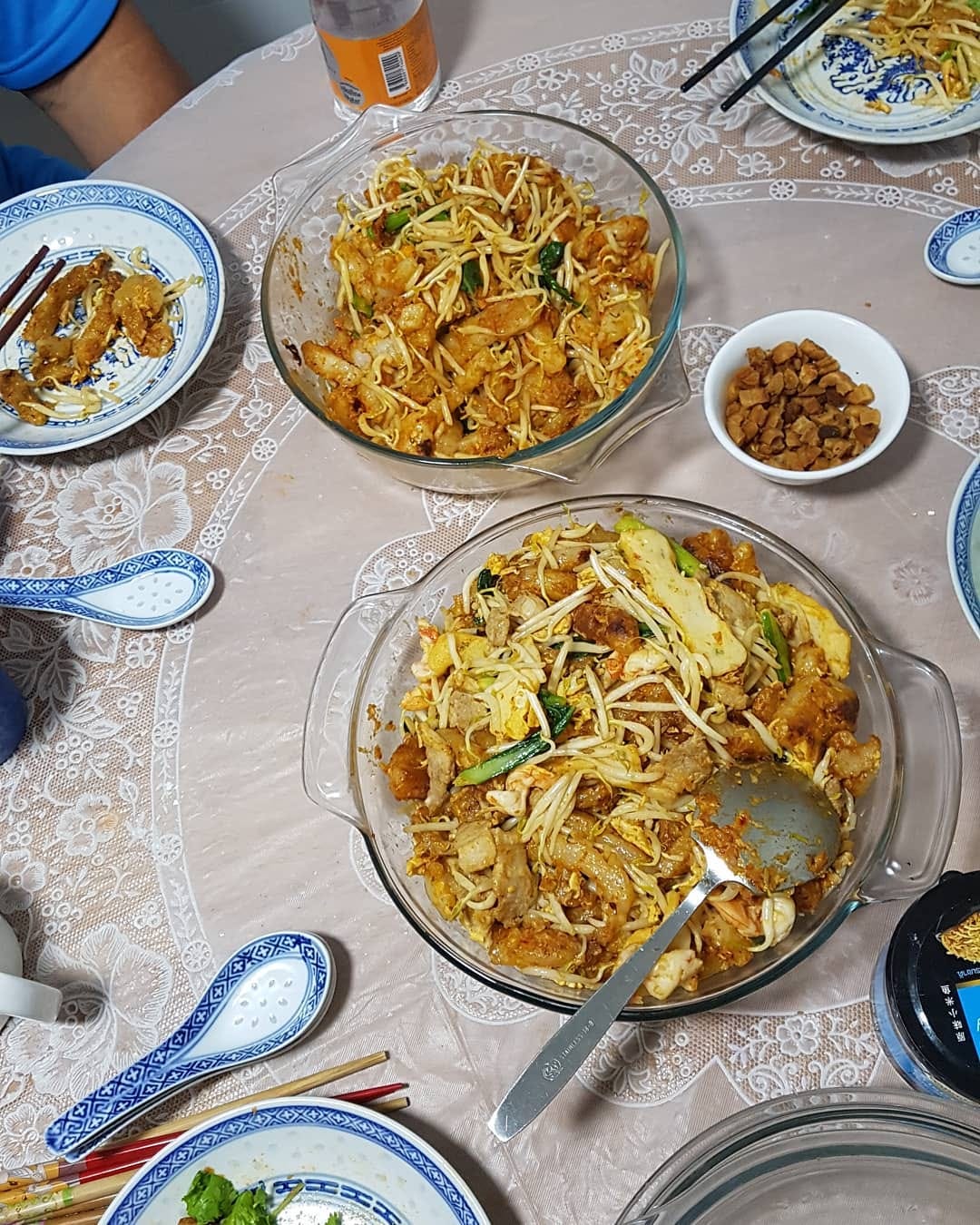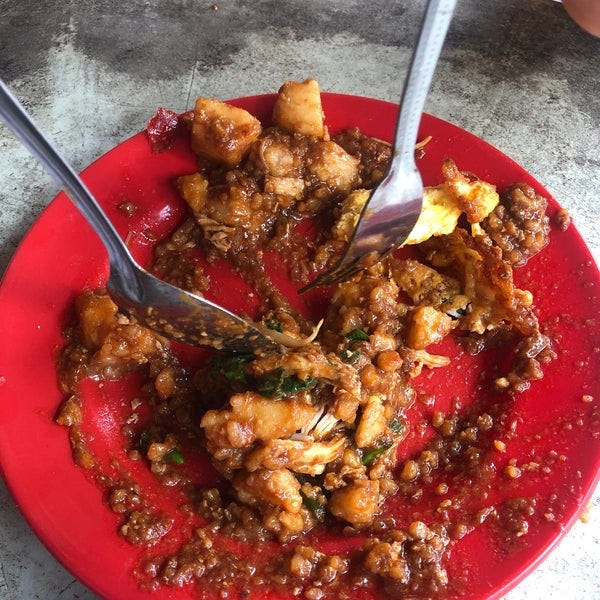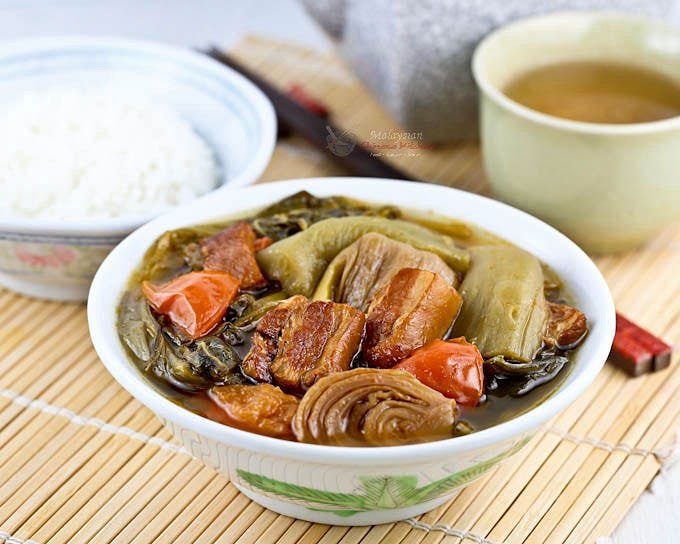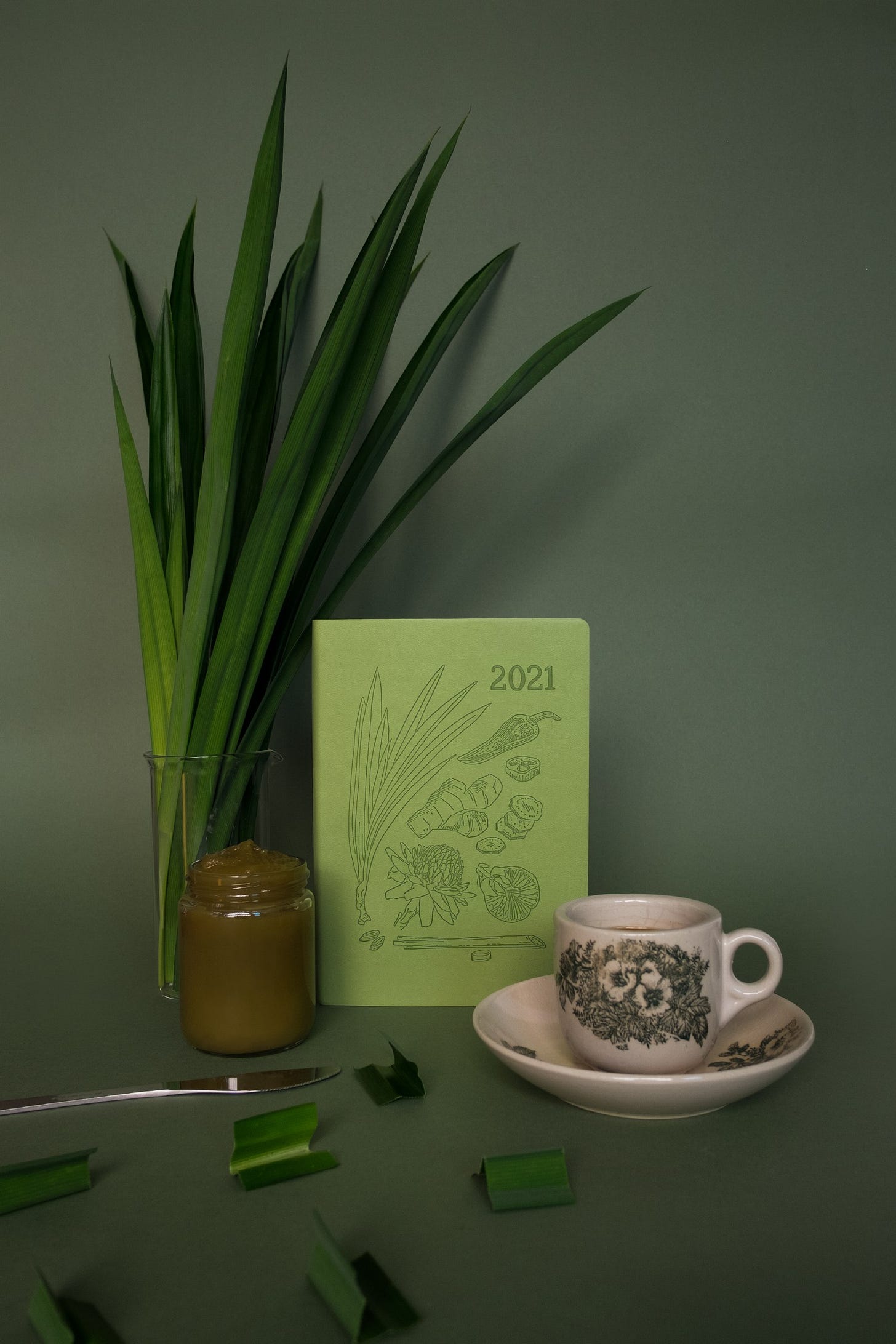In this week’s podcast episode, I speak with Ethel Hoon, the Singaporean chef who runs Restaurant Klösterle and the Hoon’s Chinese pop-up with her husband. Having lived in small town in upstate New York where there was a lot of farmland in her university days, she craved for a more direct connection to food. That led her to work at Fäviken in Sweden, a restaurant which is famed for its hyperlocal approach. Ethel credits her frugality and no-waste approach to food to looking at the way the women in her life cooks, and discusses a few ways we can eat in a way that is gentler on the environment.

1. Eat less meat - “There has been a very big demonization of meat-eating, which I don’t think is always fair. I am not a supporter at all of industrial farming, but I’ve met a lot of farmers who are using animals as part of a bigger ecosystem. You need these animals to graze your land, to give manure. It is a fine balance - when you overdo it, you turn it into a cattle farm where there is excess manure. We’ve come to a point as a developed society where we’re eating way too much meat and that demand for meat goes to industrial farms and I think that’s where the problem is.”
Even though Singaporean cuisine is largely meat/seafood-centric, there are options like kacang pool and thunder tea rice. There are also great vegetarian Indian restaurants in Singapore like MTR.

2. Eat the whole animal - “To the women that I grew up with that cooked, being frugal was key. You bought something and you didn’t waste anything. It is very jarring to see when you finally go work in a place that only uses prime things… These other things that you’re not using or not serving are not useless - there is a value to it.”
There are so many traditional dishes that celebrate offal or less prime parts of the animal: kway chap (stomach, tongue, ears, intestines), sup tulang (bone marrow), paru goreng (lungs), feng (heart, liver, kidney) and hati babi bungkus (caul fat, liver), just to name some examples.

3. Repurpose leftovers, reduce waste - Ethel speaks of being intentional in waste management. “It requires a lot of time and it helps to have a regular plan to deal with food waste.” Apart from making pickles, I love using food scraps at the end of the week in clear-the-fridge type meals such as claypot rice, or fried rice/ noodles.
Also, since our parents’ and grandparents’ generations grew up in a time where they didn’t have a lot of resources or money, many of our dishes originated to make creative use of leftovers. I remember my father-in-law talking to me about the porridge kueh from his youth. Leftover porridge is kneaded with tapioca flour to form a soft dough, boiled, then cut into strips and fried with sambal and beansprouts.

Leftover lontong can be used to make lontong goreng.

Leftover roast pork is delicious in stews and curries, the roasted pork rind sponging up the gravy magnificently. Cai buay, a roast pork and gai choy braise, literally means leftovers. Devil curry (or debal curry) is a dish commonly served the day after Christmas, to repurpose leftover roast meats (roast pork, ham etc).

For more tips, listen to my full chat with Ethel on Spotify! 🌸
Other great resources:
Dan Barber episode on Netflix (Season 1, Episode 2) - When this episode came out, it completely changed my understanding of how we should view meat and the role animals play on a farm. It also talks about concepts like crop rotation. Watched it with Wex who’s in the agriculture industry and we were both very inspired. His book The Third Plate is also great.
Alex Atala episode on Netflix (Season 2, Episode 2) - Alex Atala speaks about the importance of eating the whole animal to respect its life.
Meathooked - A book that explains why we are addicted to meat, from standpoints ranging from flavour, culture, social pressures, marketing etc.
New York Times’ infographic on the impact our diets have on climate change - great, concise and answers most of the questions you and I probably have on the subject.
Looking for a planner to start the new year with? Let 2021 be a year of cooking festive foods, celebrating cultural diversity, and rediscovering your roots with The Singapore Noodles 2021 Planner! International shipping available! Thank you to all who have placed your orders with us 🙏🏻☺️




